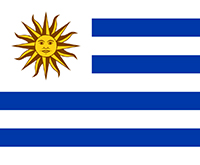“In 1932 a young, Danish woman went as the first Danish nurse to the sparsely populated Greenlandic east coast. She trained as a nurse with the sole purpose of going to Greenland, but she didn’t get to live there for a year. One night she went out into the frozen landscape. She walked out on towards the sea, to the edge of the ice. Here the story ends with her footprints…”
Deep beneath the Greenlandic ice, lies a hidden history. The Danish feature-maker Rikke Houd travels in the footsteps of Karen Roos, who disappeared on the ice outside the small East Greenlandic town of Tasiilaq in 1933.
Winner of the 2015 In The Dark award for audio documentary presented at Sheffield Doc/fest. Produced with support from the Danish Arts Council.


































